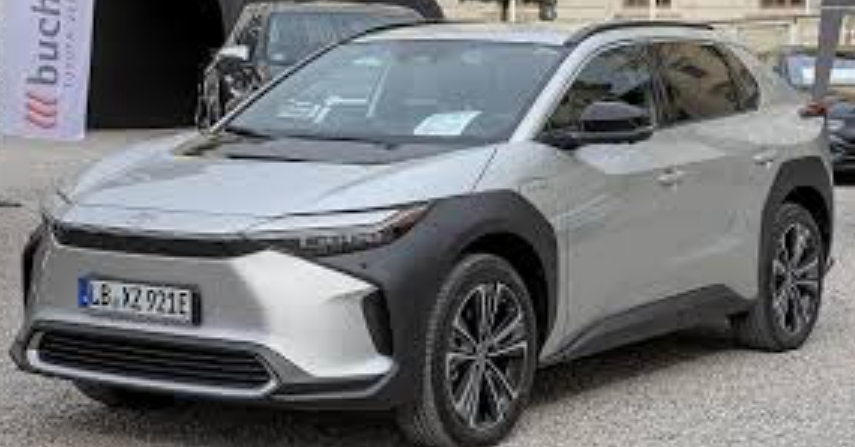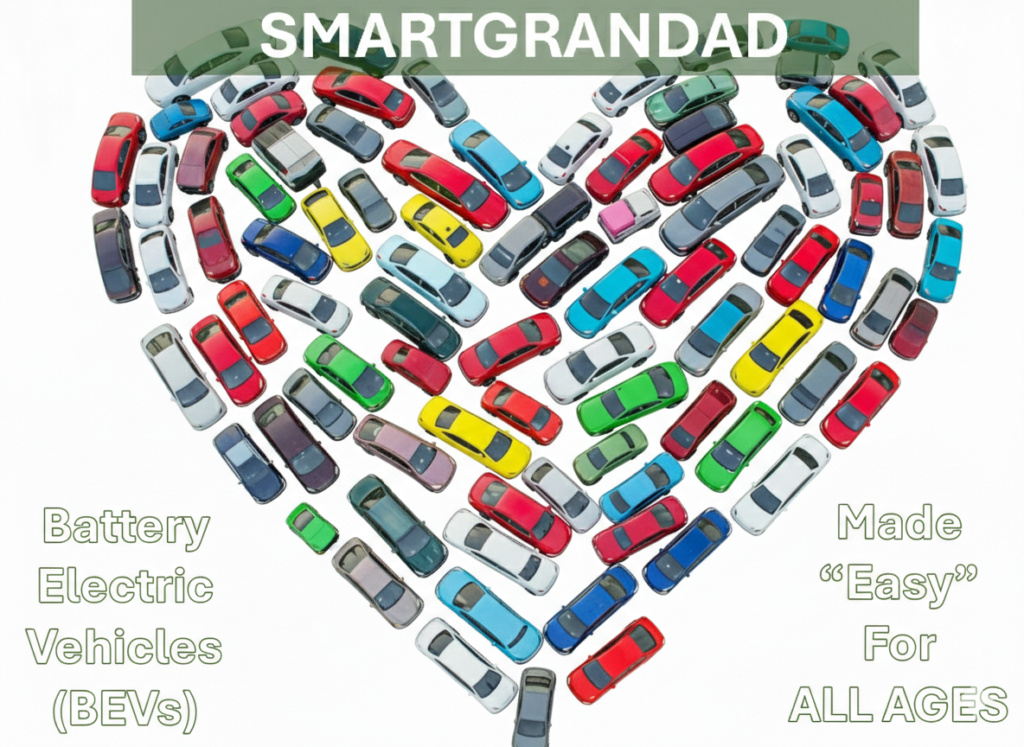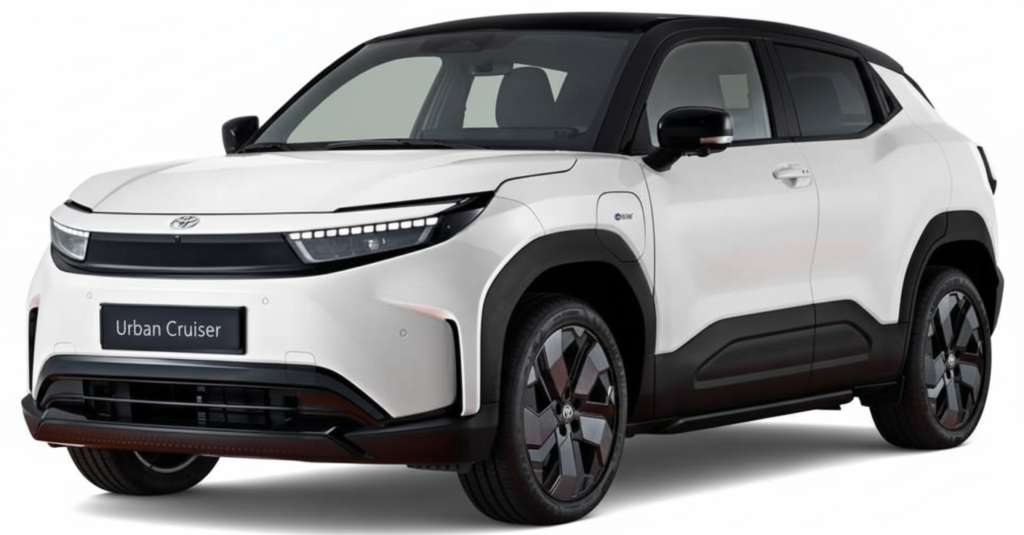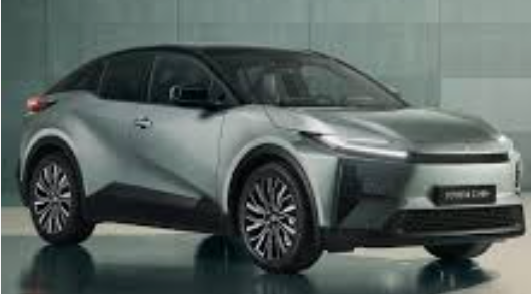Toyota BZ4X

1. Body Style and Size Segment
The bZ4X is a compact SUV, sharing a similar footprint to the RAV4. Its dimensions are approximately 4,690 mm (length), 1,860 mm (width), and 1,650 mm (height), with a wheelbase of 2,850 mm. It seats five passengers.
2. Platform Architecture, Voltage, Range & Efficiency
Built on the dedicated e-TNGA platform, the bZ4X operates on a 400V architecture. It offers battery options of 57.7 kWh (FWD) and 73.1 kWh (FWD/AWD). Range estimates vary, with the 73.1 kWh battery offering a WLTP range of up to 573 km (tentative). AC charging is boosted to 22 kW (available), while DC fast charging remains up to 150 kW.
3. Technical Capabilities
The bZ4X comes standard with Toyota Safety Sense 3.0, including Pre-Collision System, Lane Departure Alert with steering assist, and Full-Speed Range Dynamic Radar Cruise Control. A new battery pre-conditioning function optimizes charging performance.
4. Interior Quality and Storage Capacity
The interior features a mix of cloth and synthetic leather upholstery. While spacious for five, some interior materials and storage solutions may feel basic. Cargo capacity is around 452 liters with all seats up, expanding when the rear seats are folded. There is no front trunk (frunk).
5. App Functionality
The Toyota App provides remote access for climate control, charging management, vehicle status, and connected navigation. It also offers features like charging session tracking, cost estimates, and the ability to find and initiate public charging sessions.
6. 3 Pros and 3 Cons
Pros:
- Reliable Toyota build quality and strong battery warranty.
- Comprehensive suite of standard safety and driver assistance features.
- Improved AC charging and battery pre-conditioning for 2025.
Cons:
- DC fast charging speed (150 kW) is slower than some rivals.
- No frunk for additional storage.
- Some interior materials and design elements might not feel as premium as competitors.
7. Overall Summary
The 2025 Toyota bZ4X aims for practicality and peace of mind in the electric SUV segment. While it may not lead in cutting-edge performance or luxury compared to rivals like the Hyundai Ioniq 5 or Tesla Model Y, its updated features, robust safety suite, and Toyota’s renowned reliability offer a compelling and sensible choice for those transitioning to an EV.
Real world range estimates
| Range | Consumption | |
|---|---|---|
| 90kmh/56mph perfect condition | 376 km / 234 mi | 17 kWh/100km / 3.7 mi/kWh |
| 90kmh/56mph with 2KW heating | 342 km / 207 mi | 19.2 kWh/100km / 3.2 mi/kWh |
| 70mph/112kmh perfect condition | 305 km / 190 mi | 21 kWh/100km / 3.0 mi/kWh |
| 70mph/112kmh with 2KW heating | 281 km / 175mi | 22.8 kWh/100km / 2.7 mi/kWh |
| 120kmh/75mph perfect condition | 278 km / 173 mi | 23 kWh/100km / 2.7 mi/kWh |
| 120kmh/75mph with 2KW heating | 259 km / 161 mi | 24.7 kWh/100km / 2.5 mi/kWh |



